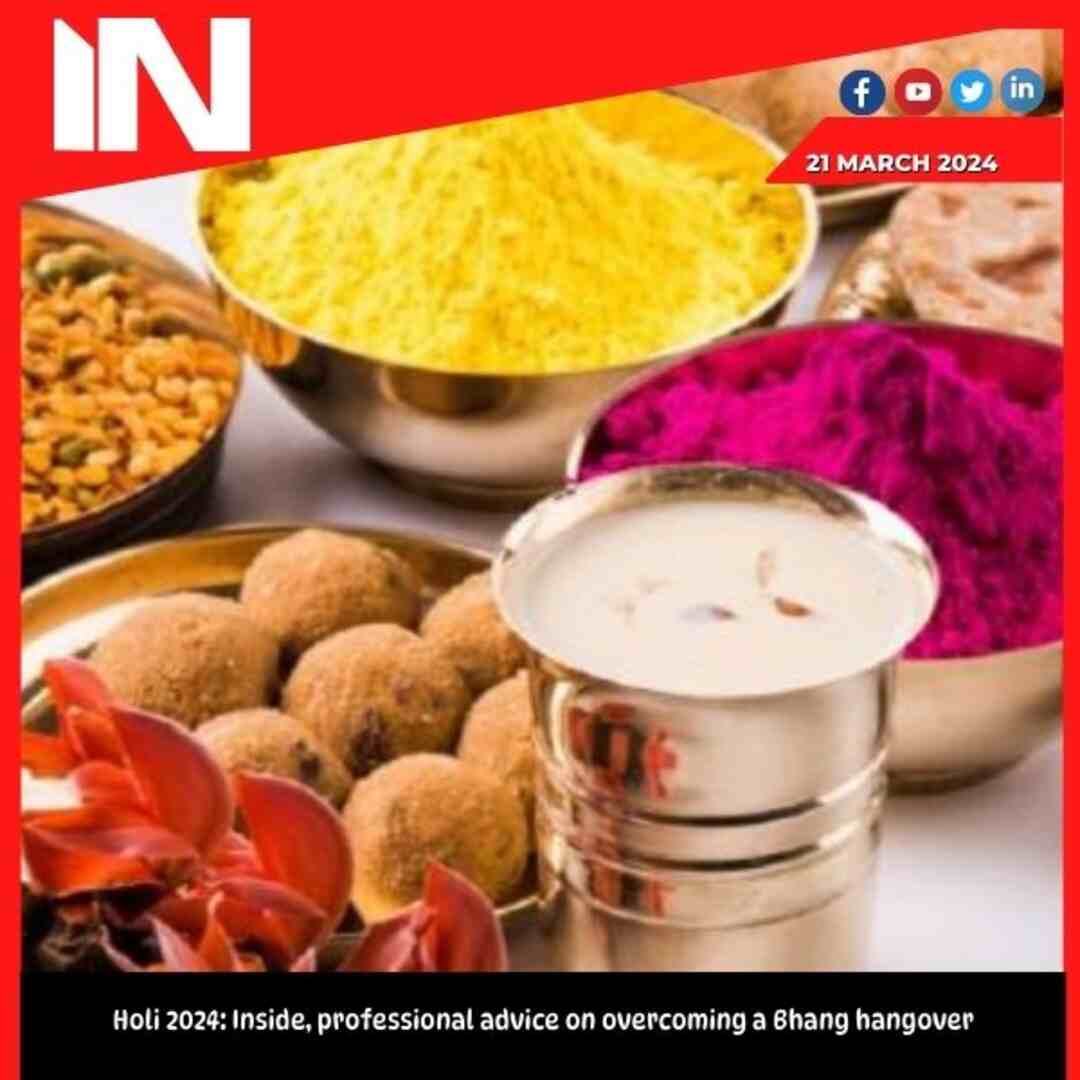health and remedies
Ayurvedic specialists on the use of Ayurveda to treat chronic renal illness
Chronic renal illness, also known as chronic kidney disease, is a growing health concern worldwide. In India, over 17% of the population is affected by kidney disease, with diabetes and hypertension being the leading causes. While conventional medical treatments such as dialysis and kidney transplant can be effective, many people are turning to alternative therapies like Ayurveda to manage and even reverse the effects of chronic renal illness.
Ayurveda is an ancient system of medicine that originated in India over 5000 years ago. It is based on the principle that health is a state of balance between the body, mind, and spirit. Ayurveda treatments involve the use of herbs, diet, lifestyle changes, and other natural therapies to restore this balance and promote overall well-being.
In recent years, Ayurvedic specialists have been exploring the use of Ayurveda to treat chronic renal illness. According to Ayurvedic principles, kidney disease is caused by an imbalance in the three doshas or body types – vata, pitta, and kapha. Ayurveda treatments aim to restore this balance by addressing the root cause of the disease.
One of the main Ayurvedic treatments for kidney disease is Panchakarma, a series of five cleansing procedures that aim to detoxify the body and eliminate toxins. This process involves several steps, including massage, steam therapy, and the administration of herbal medicines.
In addition to Panchakarma, Ayurvedic specialists also recommend dietary changes, including the consumption of foods that are high in antioxidants and low in sodium. These foods can help to reduce inflammation in the body and improve kidney function.
Other Ayurvedic treatments for kidney disease include yoga and meditation, which can help to reduce stress and promote relaxation. Ayurvedic practitioners also recommend the use of specific herbs such as punarnava, gokshura, and kaasni, which are known for their ability to support kidney function and promote overall health.
It is important to note that while Ayurveda can be effective in managing chronic renal illness, it should always be used in conjunction with conventional medical treatments. Patients should consult with their doctors before starting any Ayurvedic treatments and should continue to monitor their kidney function regularly.
In conclusion, Ayurveda is a valuable tool for managing chronic renal illness. Its holistic approach, which addresses the root cause of the disease, can be effective in promoting kidney health and overall well-being. However, it is important to approach Ayurveda as a complementary therapy and to work closely with both Ayurvedic specialists and conventional medical professionals to ensure the best possible outcomes for patients.
Group Media Publications
Entertainment News Platforms – anyflix.in
Construction Infrastructure and Mining News Platform – https://cimreviews.com/
General News Platform – https://ihtlive.com/
Podcast Platforms – https://anyfm.in
Trending
Holi 2024: Inside, professional advice on overcoming a Bhang hangover

Holi 2024: We are eagerly awaiting the arrival of this festival of colors, which is quickly approaching. Every year, the nation celebrates Holi with great fanfare and extravagance. Holi commemorates the eternal love and marriage of Goddess Radha and Lord Krishna. In addition, Holi commemorates Lord Vishnu’s victory over Hiranyakashipu, highlighting the idea that good always triumphs over evil. Holi will be celebrated on March 25 this year. Holika Dahan, also known as Chhoti Holi, is observed the day before Holi. On the day of Holi, many customs and rites are observed throughout India. The cities of Barnsana and Nandgaon celebrate Lathmar Holi, whereas Vrindavan celebrates Phoolwali Holi.
Holi 2024: Here are some professional suggestions to avoid Bhang hangover, ranging from eating a balanced diet to sipping herbal tea.
During Holi, a variety of snacks and beverages are made to be enjoyed with loved ones. The colorful, crispy, and delectable Holi snacks range from gujia to rasmalai to namakpare. Thandai, a delightful concoction of milk, spices, and sweets, is the queen of the drink table. Bhang is among the primary draws of Holi. For its euphoric impact, thandai is sometimes blended with powdered paste made from the female cannabis plant’s leaves and flowers. But after the first euphoria wears off, there’s also the inevitable hangover the following morning.
Methods for overcoming a hangover
Hydrate the body: Hydration is crucial for managing a hangover caused by Bhang during Holi. Sip on lots of water to flush out toxins and replenish your body’s moisture.
Consume coconut water: Coconut water and other electrolyte-rich beverages can help replenish lost nutrients.
A balanced diet: blood sugar regulation and nausea reduction can be achieved by eating a well-balanced meal high in carbohydrates, proteins, and healthy fats.
Herbal teas and rest: Herbal teas with relaxing properties, such as peppermint or ginger, can ease stomach discomfort. Your body can mend itself by resting in a quiet, dark environment.
Limit alcohol intake: Limit your alcohol and cannabis intake to prevent symptoms from getting worse. As soon as symptoms develop or continue, get medical help.
Group Media Publications
Entertainment News Platforms – anyflix.in
Construction Infrastructure and Mining News Platform – https://cimreviews.com/
General News Platform – https://ihtlive.com/
Podcast Platforms – https://anyfm.in
-

 Web Series1 month ago
Web Series1 month agoSpoilers for Star Wars: The Acolyte, episode three: The new episode has caused the internet to go crazy.
-

 Music2 months ago
Music2 months agoDalton Gomez, Ariana Grande’s ex, makes his Instagram debut alongside his new partner Maika Monroe.
-

 Music2 months ago
Music2 months agoMin Hee-jin will continue to serve as ADOR’s CEO, and following the shareholders’ meeting, HYBE names three new board members.
-

 Entertainment2 months ago
Entertainment2 months agoSawa Pontyjska, a Ukrainian model, is suing the Cannes Film Festival organisers, alleging that a security guard assaulted her on the red carpet.
-

 Hollywood1 month ago
Hollywood1 month agoDeadpool and Wolverine might shatter box office records, which would be unprecedented for an R-rated film.
-

 Entertainment2 months ago
Entertainment2 months agoKai Cenat, a Twitch celebrity, travels to Taiwan for this poignant occasion.
-

 Music1 month ago
Music1 month agoBianca Censori’s obscene Tokyo ensemble provokes indignation in Japan. while Kanye West flies economy after losing…
-

 Hollywood2 months ago
Hollywood2 months agoMovie Review: ‘Am I OK?’ is a charming comedy about friendship that features Dakota Johnson’s endearing genuineness.
















